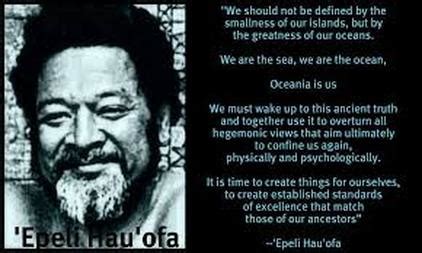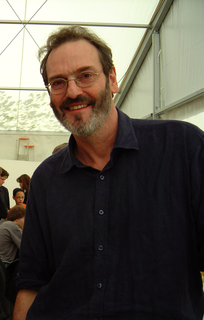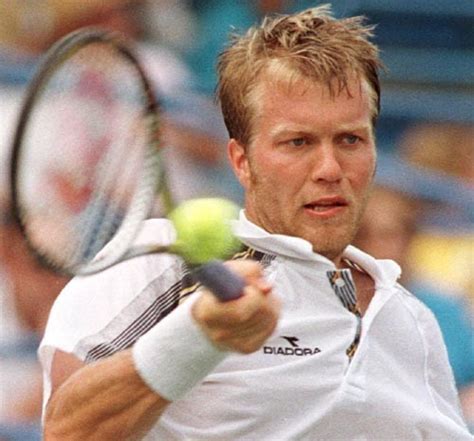A Quote by Aminatta Forna
No one ever sits you down at age eight and says, 'Aminatta, this is what's happened so far.' You have to work it out for yourself, and by the time you do, it's ancient history to many of the players. We're trying to make sense of the past, so we start to excavate our memories.
Related Quotes
Most things are forgotten over time. Even the war itself, the life-and-death struggle people went through, is now like something from the distant past. We're so caught up in our everyday lives that events of the past, like ancient stars that have burned out, are no longer in orbit around our minds. There are just too many things we have to think about every day, too many new things we have to learn. New styles, new information, new technology, new terminology ... But still, no matter how much time passes, no matter what takes place in the interim, there are some things we can never assign to oblivion, memories we can never rub away. They remain with us forever, like a touchstone. And for me, what happened in the woods that day is one of these.
Earth is ancient now, but all knowledge is stored up in her. She keeps a record of everything that has happened since time began. Of time before time, she says little, and in a language that no one has yet understood. Through time, her secret codes have gradually been broken. Her mud and lava is a message from the past. Of time to come, she says much, but who listens?
We’re constantly changing facts, rewriting history to make things easier, to make them fit in with our preferred version of events. We do it automatically. We invent memories. Without thinking. If we tell ourselves something happened often enough we start to believe it, and then we can actually remember it.
That the past is ahead, in front of us, is a conception of time that helps us retain our memories and to be aware of its presents. What is behind us [the future] cannot be seen and is liable to be forgotten readily. What is ahead of us [the past] cannot be forgotten so readily or ignored, for it is in front of our minds' eyes, always reminding us of its presence. The past is alive in us, so in more than a metaphorical sense the dead are alive - we are our history.
Golf challenges you mentally at any age, and when you become my age, it's a challenge physically to try to make your game work as well as it ever did. That's close to impossible, but that doesn't keep you from trying to hit the ball where you used to hit it and make the putts you used to make all the time.
I might spend 100 pages trying to get to know the world I'm writing about: its contours, who are my main characters, what are their relationships to each other, and just trying to get a sense of what and who this book is about. Usually around that point of 100 pages, I start to feel like I'm lost, I have too much material, it's time to start making some choices. It's typically at that point that I sit down and try to make a formal outline and winnow out what's not working and what I'm most interested in, where the story seems to be going.





































